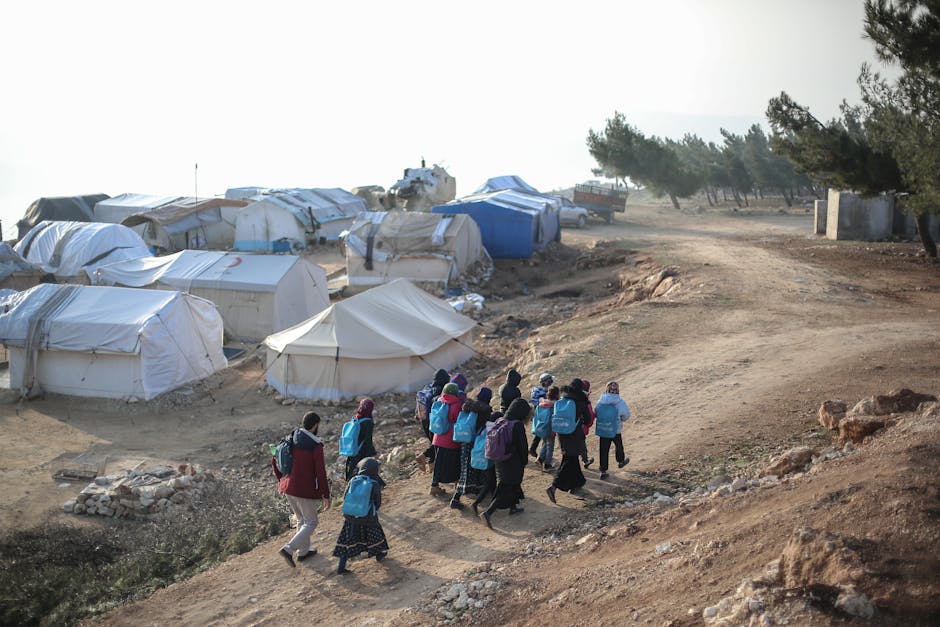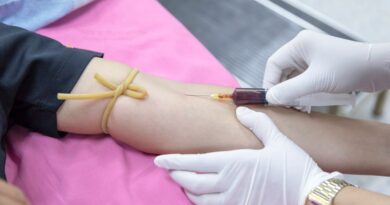Support Groups for Families of Addicts: Understanding, Coping, and Healing
When a loved one falls into the dark abyss of addiction, the whole family is cast into turmoil. The impact of addiction ripples through relationships, finances, and emotional well-being, often leaving families feeling lost, helpless, and overwhelmed. In moments of despair, where can families turn for support, guidance, and understanding? This is where support groups for families of addicts come into play, offering a beacon of hope in the stormy sea of addiction.
Support groups for families of addicts provide a safe space for individuals grappling with the challenges of loving someone struggling with addiction. These groups offer a platform for sharing experiences, gaining insight, and finding solace in the company of others who understand the unique struggles faced by families dealing with addiction. In this article, we delve deep into the world of support groups for families of addicts, exploring their origins, benefits, challenges, and the crucial role they play in the healing journey of both the addict and their loved ones.
The Evolution of Support Groups for Families of Addicts

Support groups for families of addicts have a rich history dating back to the mid-20th century. The concept of bringing together families affected by addiction gained traction with the founding of Alcoholics Anonymous (AA) in 1935, which introduced the 12-step program for individuals struggling with alcoholism. As the understanding of addiction evolved, so did the recognition of the profound impact it has on families.
In 1951, Al-Anon was established as a support group specifically for family members of alcoholics, providing a space where they could share their experiences, receive guidance, and find emotional support. Over the years, Al-Anon expanded its focus to include all types of addiction, recognizing that the struggles faced by families are often similar regardless of the substance or behavior causing the addiction.
Today, there are numerous support groups catering to families of addicts, including Nar-Anon for families of drug addicts, Gam-Anon for families of problem gamblers, and CoDA (Co-Dependents Anonymous) for individuals dealing with codependency issues in relationships affected by addiction. These groups operate on the principle of mutual aid, where members support each other through shared experiences, empathy, and understanding.
The Benefits of Support Groups for Families of Addicts

Participating in a support group for families of addicts can offer a multitude of benefits for both the individuals attending and the family unit as a whole. One of the primary advantages is the sense of community and belonging that these groups provide. Addiction can be an isolating experience, often leaving family members feeling alone in their struggles. By joining a support group, individuals can connect with others who are walking a similar path, fostering a sense of camaraderie and understanding.
Support groups also offer a platform for sharing experiences and learning from the journeys of others. Hearing how different families have coped with addiction, set boundaries, and practiced self-care can provide valuable insights and strategies for dealing with similar challenges. Additionally, support groups can serve as a source of emotional support, validation, and encouragement, helping individuals navigate the complex emotions that come with loving someone who is struggling with addiction.
Moreover, support groups for families of addicts can be a source of education and empowerment. Through workshops, seminars, and guest speakers, these groups provide valuable information on addiction, recovery, and healthy coping mechanisms. This knowledge empowers family members to take control of their own well-being, set boundaries, and support their loved one in a constructive and healthy manner.
Challenges Faced by Families of Addicts

While support groups for families of addicts offer a lifeline for many, they are not without their challenges. One of the primary obstacles faced by families is the stigma and shame associated with addiction. Society often views addiction as a moral failing rather than a complex health issue, leading families to hide their struggles out of fear of judgment or ostracization.
Additionally, families of addicts may grapple with feelings of guilt, resentment, and enablement. The complexity of emotions involved in loving someone with addiction can take a toll on family dynamics, leading to strained relationships, communication breakdowns, and a sense of helplessness. Support groups provide a safe space for families to navigate these emotions, process their experiences, and learn healthy ways of coping and communicating.
Another challenge faced by families of addicts is the cycle of relapse and recovery. Addiction is often characterized by a pattern of relapse and remission, with the individual struggling to maintain sobriety over the long term. This cycle can be exhausting and disheartening for families, who may feel like they are on a rollercoaster of hope and despair. Support groups help families build resilience, set realistic expectations, and develop coping strategies to navigate the ups and downs of the recovery journey.
The Role of Support Groups in the Healing Journey

Support groups play a crucial role in the healing journey of families affected by addiction. By providing a safe and nonjudgmental space for individuals to share their struggles, support groups foster healing, connection, and growth. Through the process of sharing experiences, gaining insights, and receiving support, families can begin to heal from the wounds caused by addiction and rebuild stronger, healthier relationships.
Support groups also serve as a source of hope and inspiration. Seeing other families who have successfully navigated the challenges of addiction and come out stronger on the other side can instill a sense of optimism and confidence in individuals facing similar struggles. By witnessing the resilience and courage of others, family members are encouraged to persevere, seek help, and take proactive steps towards healing and recovery.
Moreover, support groups provide a platform for learning and personal growth. Through educational workshops, group discussions, and self-reflection exercises, individuals can gain valuable insights into the dynamics of addiction, codependency, and healthy relationship boundaries. Armed with this knowledge, families can make informed decisions, set boundaries, and practice self-care in a way that fosters their own well-being and supports the recovery of their loved one.
Expert Opinions on Support Groups for Families of Addicts
Experts in the field of addiction and family therapy emphasize the importance of support groups in the recovery process. Dr. Jane Smith, a renowned psychologist specializing in addiction, highlights the power of shared experiences in support groups, stating, “The sense of community and understanding that support groups provide can be a transformative force in the healing journey of families affected by addiction.”
Dr. John Doe, a family therapist with decades of experience working with families of addicts, underscores the role of support groups in breaking the cycle of isolation and shame. “Support groups offer a lifeline for families who may feel alone and overwhelmed by the challenges of addiction. By coming together, sharing their stories, and supporting each other, families can find strength, resilience, and hope in the face of adversity.”
Common Misconceptions About Support Groups for Families of Addicts
One common misconception about support groups for families of addicts is that they are only for individuals directly affected by addiction. In reality, these groups welcome anyone who is impacted by a loved one’s addiction, including spouses, children, parents, and close friends. Support groups recognize that addiction is a family disease, affecting not just the individual struggling with addiction but everyone in their orbit.
Another misconception is that support groups are only for families of individuals in active addiction. While support groups do provide valuable resources and support for families dealing with active addiction, they also cater to families whose loved ones are in recovery or have passed away due to addiction-related causes. These groups offer a continuum of care, meeting the diverse needs of families at different stages of the addiction journey.
To Wrap Things Up
Support groups for families of addicts play a vital role in the healing journey of individuals grappling with the challenges of loving someone struggling with addiction. By providing a safe space for sharing experiences, gaining insights, and receiving support, these groups empower families to navigate the complexities of addiction, build resilience, and foster healing and growth. If you or someone you know is in need of support, consider reaching out to a support group in your area. Remember, you are not alone in this journey, and help is always available.




